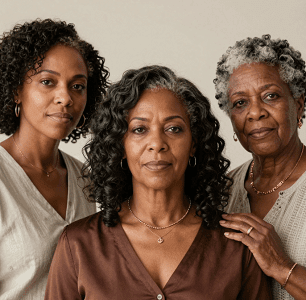A new study suggests that expanding lung cancer screening guidelines could help close persistent racial and gender disparities in healthcare. Researchers found that current U.S. Preventive Services Task Force (USPSTF) criteria—originally set in 2013—often exclude women and Black individuals who are still at risk for lung cancer.
The USPSTF had already revised its guidelines once, lowering the age from 55 to 50 and reducing the smoking history requirement from 30 to 20 pack-years. But disparities remain. “Women and Black people, in particular, often did not qualify for lung cancer screening despite still being susceptible to the disease,” the study noted.
By comparing several screening models, including those from the American Cancer Society and Potter criteria, researchers found that more inclusive guidelines significantly increased eligibility. Under the Potter criteria, 55% of women and 35% of Black individuals qualified for screening, compared to just 48% and 22% under USPSTF rules.
Even though expanded criteria slightly reduced screening efficiency, they led to 28% more cancers being detected. “Our study suggests that relaxed smoking history requirements may provide better access… while maintaining diagnostic efficiency,” the researchers concluded.
This shift could be a critical step toward health equity, ensuring that more people—especially those from historically underserved communities—are diagnosed earlier, when treatment is more effective.
See: “Expanding preventive screening advice may boost health equity” (Jun 30, 2025)



